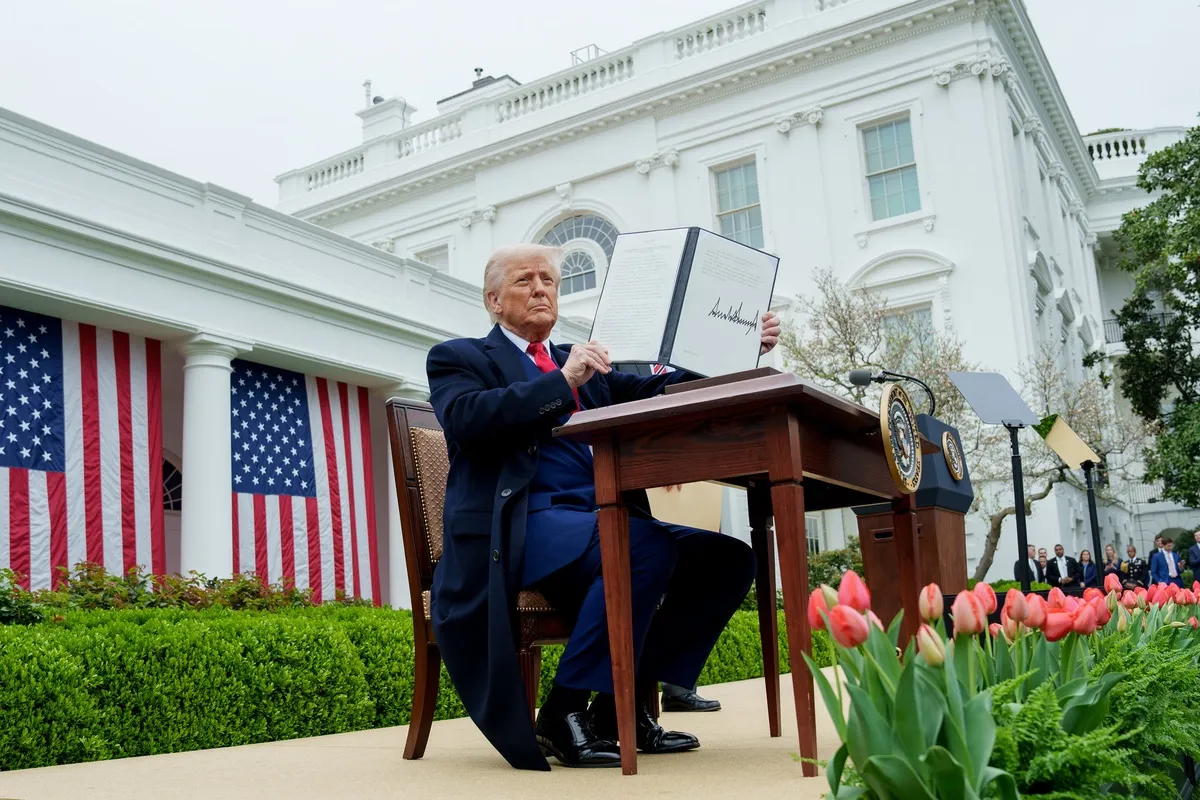Global Business Travel Outlook Is 'Cautious Optimism' With a $1.2 Trillion Year on the Books

Skift Take
Business travel spending around the world edged past $1.2 trillion last year as China became the biggest market for spending and former powerhouses Russia and Brazil posted declines.
An annual report and outlook released this week by the Global Business Travel Association shows steady overall growth even as some markets grappled with upheaval.
"Business travel has demonstrated a tremendous resiliency as it continues slow and steady progress even in the face of global uncertainty, a weakened global economy, terrorist attacks, world health issues and other obstacles," said Michael McCormick, executive director and chief operating officer of GBTA, in a statement. "Companies across the globe clearly understand the return on investment business travel delivers for their bottom line."
For 2016, the outlook calls for another 5.2 percent growth in spending globally, bringing the total to $1.3 trillion. Business travel spending worldwide is expected to reach $1.6 trillion by 2020, with plenty of fluctuation along the way.
India and Indonesia are expected to average double-digit growth between now and 2020, while experts believe China's growth will moderate to become the fifth fastest growing market. Britain's vote to leave the European Union leaves the outlook muddy for business travel in the UK.
"The uncertainty created by financial upheaval and pending changes to trade and immigration rules will raise management heartburn," the report says. "This will cause some postponement, even outright cancellation, of business trips. It may also trigger travel budget constriction as management seeks to hedge the uncertainty."
In the U.S., spending is expected to grow by less than a percent this year while volume rises 1 percent. A quarterly outlook on U.S. business travel from GBTA showed 124.4 million people took a business trip during the first three months of the year, while spending reached $72.1 billion — lower than an earlier forecast.
Greater risk in the U.S. and foreign economies, continued weakening in the global economy, uncertainty over the upcoming presidential election, and the Brexit vote "combined to influence our slightly more pessimistic outlook on the prospects for U.S. business travel over the next six months," the report said. "We expect diminishing economic risks in 2017 which will lead to better prospects for business travel."




